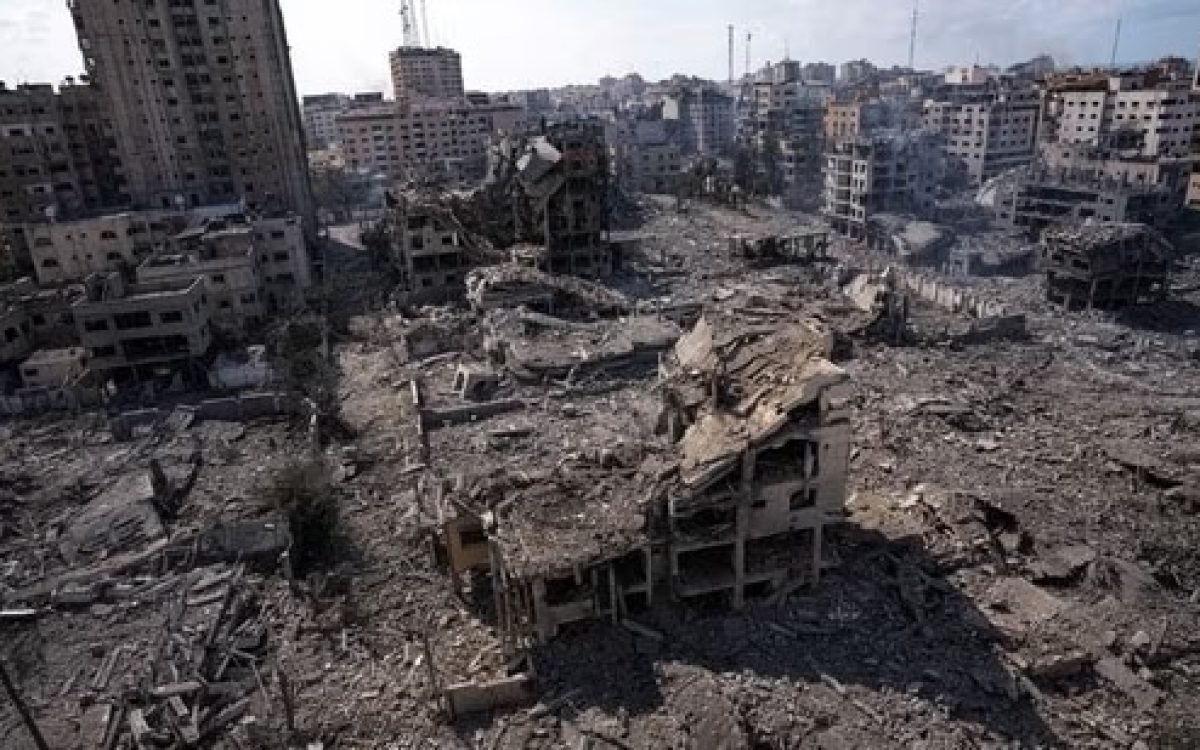The ongoing Israeli-Hamas conflict has once again brought the complexities of Middle Eastern geopolitics to the forefront of global attention. As the violence continues to escalate, the international community finds itself grappling with the urgent need for a ceasefire to halt the bloodshed and alleviate the humanitarian crisis in Gaza.
Recent developments at the United Nations Security Council shed light on the intricate diplomatic maneuvers underway to broker a ceasefire agreement. The abstention of the United States on a resolution demanding the release of hostages taken during Hamas’ surprise attack in southern Israel, coupled with Russia and China’s previous veto of a U.S.-sponsored ceasefire resolution, underscores the challenges of finding consensus on such a contentious issue.
The resolution approved on Monday, while calling for a halt to the violence, does not explicitly link the ceasefire demand to the observance of Ramadan, which ends on April 9. This omission raises concerns about the effectiveness of the proposed ceasefire and its ability to bring about lasting peace in the region.
The United States, in abstaining from the resolution, expressed reservations about its potential impact on ongoing negotiations led by the U.S., Egypt, and Qatar. Ambassador Linda Thomas-Greenfield cautioned that the resolution’s text could inadvertently provide Hamas with an excuse to reject the ceasefire deal currently on the table.
Meanwhile, the Arab Group has issued a plea for unity among Security Council members to support the resolution and end the humanitarian crisis unfolding in Gaza. With more than 32,000 Palestinians killed and a dire humanitarian emergency threatening the lives of millions, the need for immediate action cannot be overstated.
However, the complexities of the situation extend beyond diplomatic wrangling at the Security Council. The deep-rooted animosities, political calculations, and regional dynamics at play make achieving a sustainable ceasefire a daunting task. Moreover, the humanitarian crisis in Gaza, exacerbated by the escalation of violence, poses a formidable challenge that cannot be resolved through diplomatic negotiations alone.
As the international community continues to navigate the intricacies of ceasefire negotiations, it must remain committed to upholding the principles of peace, justice, and human rights for all affected by the conflict. While diplomatic efforts are essential, they must be complemented by concrete actions to address the underlying grievances and systemic injustices fueling the cycle of violence in the region.
Ultimately, achieving a lasting ceasefire and laying the groundwork for a just and equitable peace will require sustained engagement, empathy, and cooperation from all stakeholders involved. Only through genuine dialogue, mutual respect, and a commitment to the well-being of all parties can the Israeli-Hamas conflict be resolved and the aspirations of peace and security for the region be realized.









